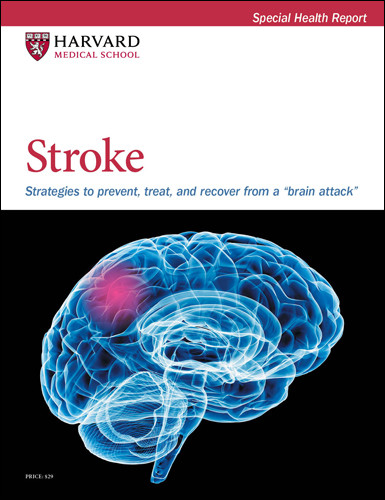Chronic loneliness may raise stroke risk
Research we're watching
- Reviewed by Toni Golen, MD, Editor in Chief, Harvard Women's Health Watch; Editorial Advisory Board Member, Harvard Health Publishing; Contributor

Older adults who are chronically lonely are significantly more likely to suffer a stroke, a new Harvard-led analysis suggests.
Published online June 24, 2024, by eClinical Medicine, the study evaluated data from 2006 through 2018 from nearly 12,200 people ages 50 and up (average age 67, 61% women). None of the participants had suffered a stroke before the study began. All answered questions from a standard test gauging loneliness, and about 9,000 participants answered the questions a second time four years later. Based on those answers, the researchers placed participants into four categories of loneliness: consistently low; remitting (scoring high at baseline and low at follow-up); recent onset (scoring low at baseline and high at follow-up); and consistently high (scoring high at both baseline and follow-up).
Over 12 years of follow-up, 601 strokes were recorded among participants who had been surveyed about loneliness at two time periods. People categorized as "consistently high" in loneliness had 56% higher odds of having a stroke compared to those in the "consistently low" group, even after researchers accounted for other psychological factors such as isolation and depression. However, participants in the "remitting" or "recent onset" loneliness groups did not show a pattern of higher stroke odds, suggesting that loneliness over the long term weighs more heavily on risk.
Image: © fstop123/Getty Images
About the Author

Maureen Salamon, Executive Editor, Harvard Women's Health Watch
About the Reviewer

Toni Golen, MD, Editor in Chief, Harvard Women's Health Watch; Editorial Advisory Board Member, Harvard Health Publishing; Contributor
Disclaimer:
As a service to our readers, Harvard Health Publishing provides access to our library of archived content. Please note the date of last review or update on all articles.
No content on this site, regardless of date, should ever be used as a substitute for direct medical advice from your doctor or other qualified clinician.
















